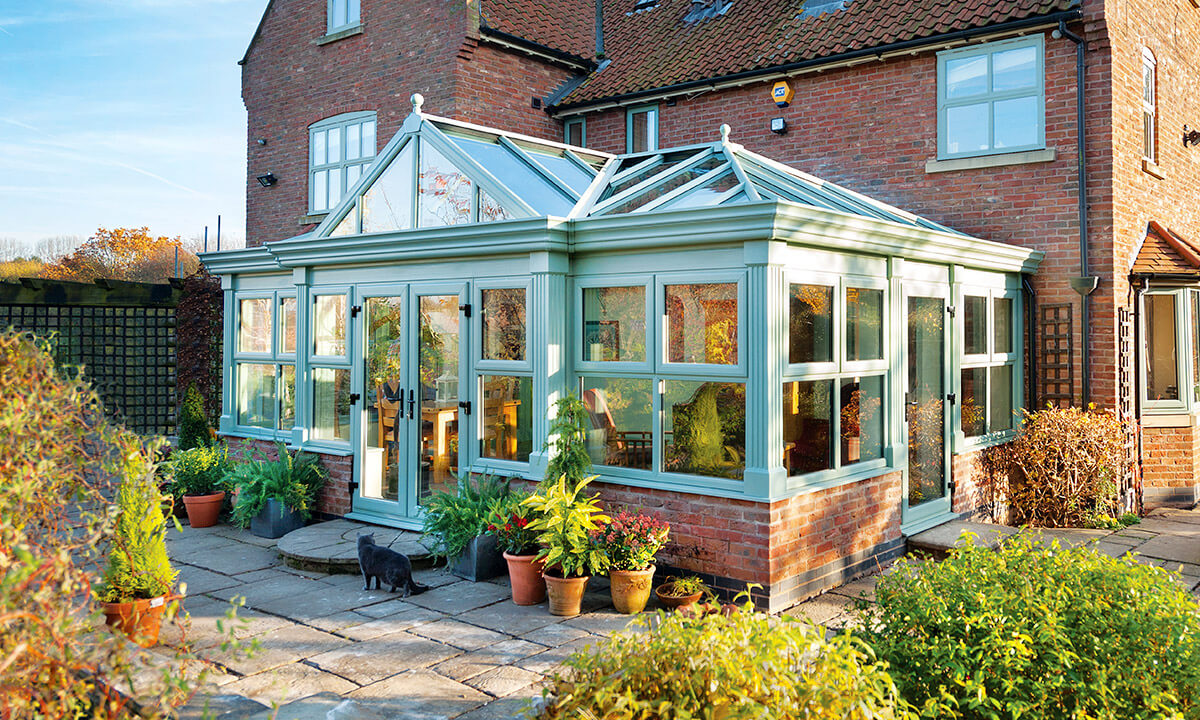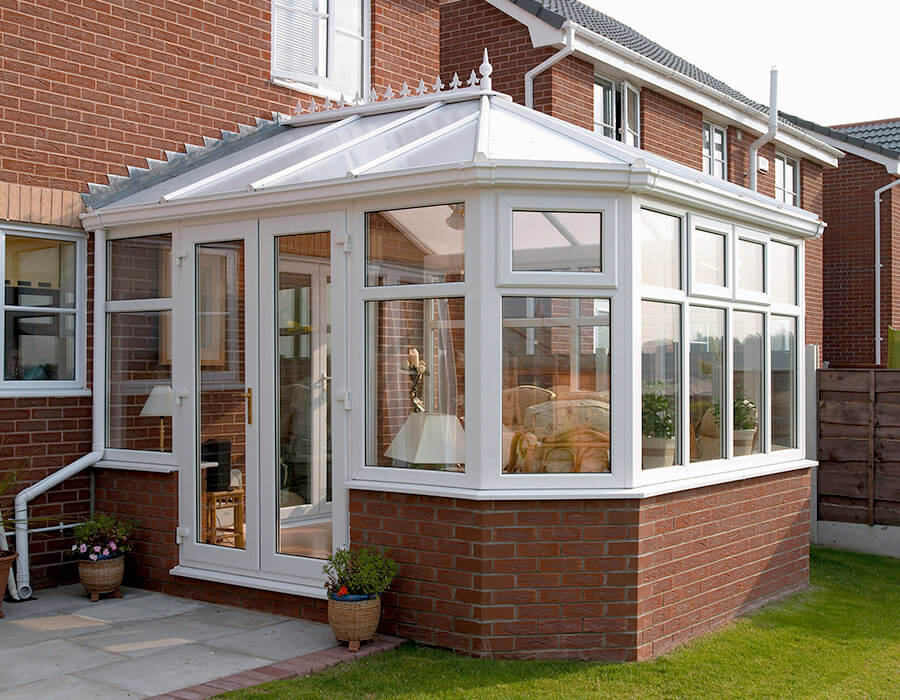Are you considering buying a conservatory? It’s an investment that adds value to your home and provides a space for relaxation, entertainment, and family time. But with the rising costs of moving homes, many homeowners are turning to home improvements and buying a new extension, such as a conservatory, as a way to add extra living space. In this blog, we have covered everything you need to know before purchasing your dream conservatory. From choosing the right size and layout to understanding different glass types and material choices, we’ve got you covered. We also delve into energy efficiency and explain why ventilation is crucial in a conservatory. Additionally, we discuss planning permissions and water board authority approvals, ensuring that you have all the information needed before making the purchase. Read on to know why Renaissance Conservatories should be your go-to choice while buying a conservatory. Entrust your vision to Renaissance Conservatories, a distinguished, family-run company nestled in the heart of Devon. With our unwavering reputation, we stand ready to fulfil all your conservatory needs. Let us embark on the journey of transforming your home today, turning it into the embodiment of your dreams
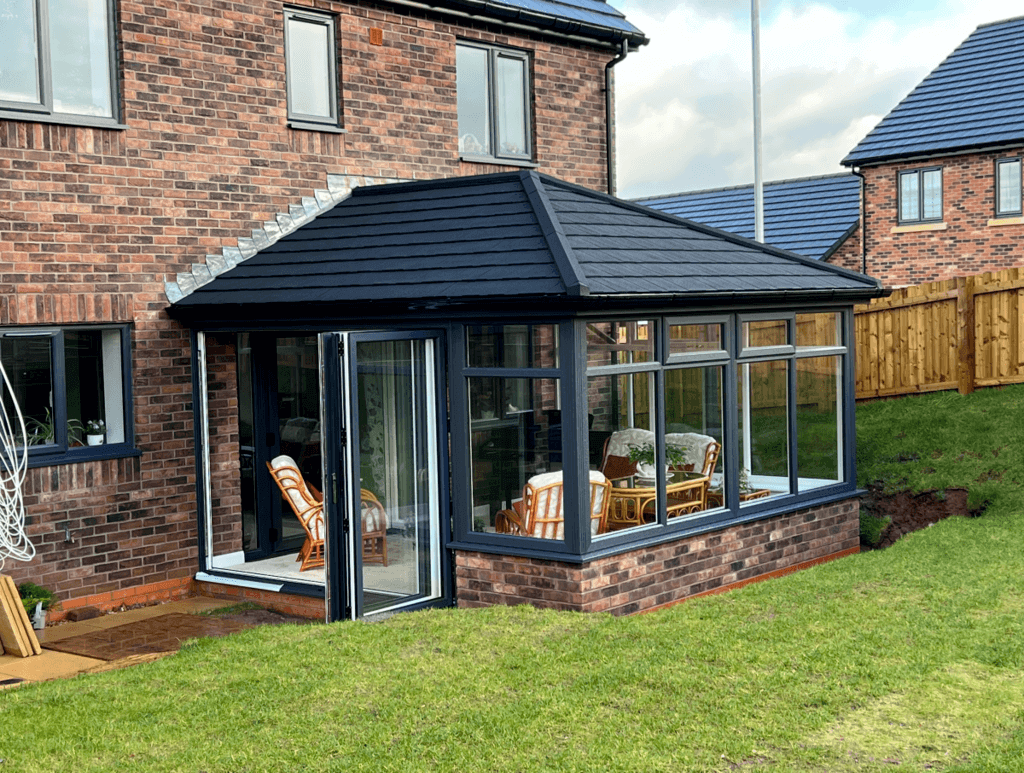
Conservatory requirements
When deciding on a conservatory, it’s important to understand the different types available and the roofing options. Financial planning and regulatory aspects should be considered, along with ventilation for maintaining a comfortable temperature. These aspects play a vital role in making the right decision when investing in a new conservatory.
Considerations for the Size and Layout of Your Conservatory
When considering the size and layout of your new conservatory, it’s crucial to plan the layout effectively to optimise space and functionality. Take into account the width and floor space for furniture placement, and incorporate heating and ventilation considerations seamlessly into the layout. Make sure to carefully consider where to position doors, electrical sockets, and any TV aerial sockets for maximum use of the space. Ensure a seamless integration with the rest of your home, allowing ample natural light for a comfortable atmosphere.
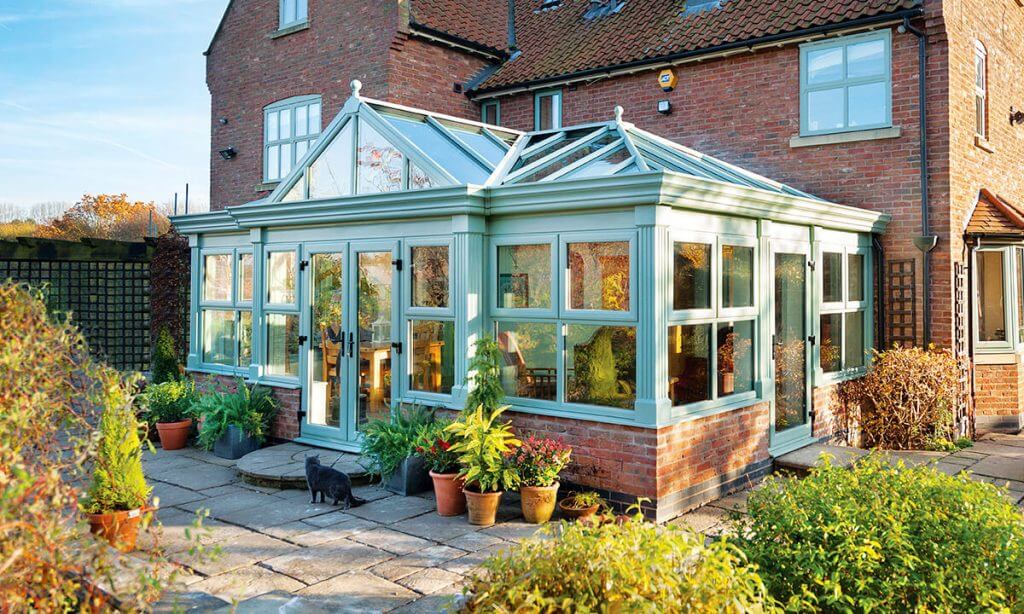
Why choose Renaissance Conservatories?
Choose Renaissance Conservatories for your dream conservatory. As a trusted, family-run company with extensive design expertise, we can transform your home. Our wide range of conservatory styles, high-quality glazing, and insulation ensure energy efficiency. Trust us to meet building regulations and planning permission requirements.
Important Things To Consider When Buying Your Dream Conservatory
When purchasing your dream conservatory, understanding conservatory prices maintenance costs is crucial. Evaluate glazing options for insulation and temperature control, including the use of specialist glazing. Assess extra space based on specific needs, including ventilation, heating, and layout considerations. Additionally, consider the impact of the conservatory roof on natural light and insulation – top tip: choose a material that will provide optimal comfort and energy efficiency at any time of year. These factors play a significant role in ensuring your new conservatory is a perfect fit for your home and the final price.
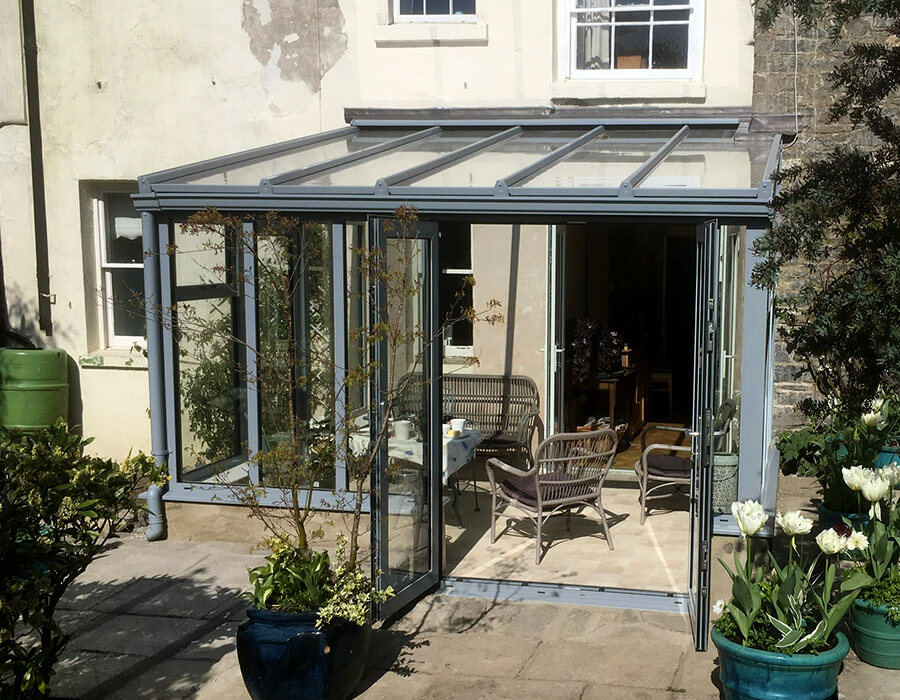
The Role of Insulation in a Conservatory
When considering a new conservatory, insulation is crucial for maintaining a comfortable living space year-round. The choice of insulation, such as double glazing, can significantly impact energy efficiency and comfort levels. Double-glazed windows and insulated roofing contribute to temperature control, while also reducing noise levels. It’s important to consider the location and orientation of the conservatory when selecting insulation materials to ensure a perfect fit for your home.
Why Ventilation Matters in a Conservatory
Proper ventilation in a conservatory is crucial for maintaining a comfortable temperature and preventing issues like condensation and mould growth. It also helps protect plants and furniture from damage. Consider various ventilation options such as roof vents, windows, and fans to ensure a well-ventilated space. Consulting a professional installer such as Renaissance Conservatories can help in determining the best ventilation solutions for your new conservatory.
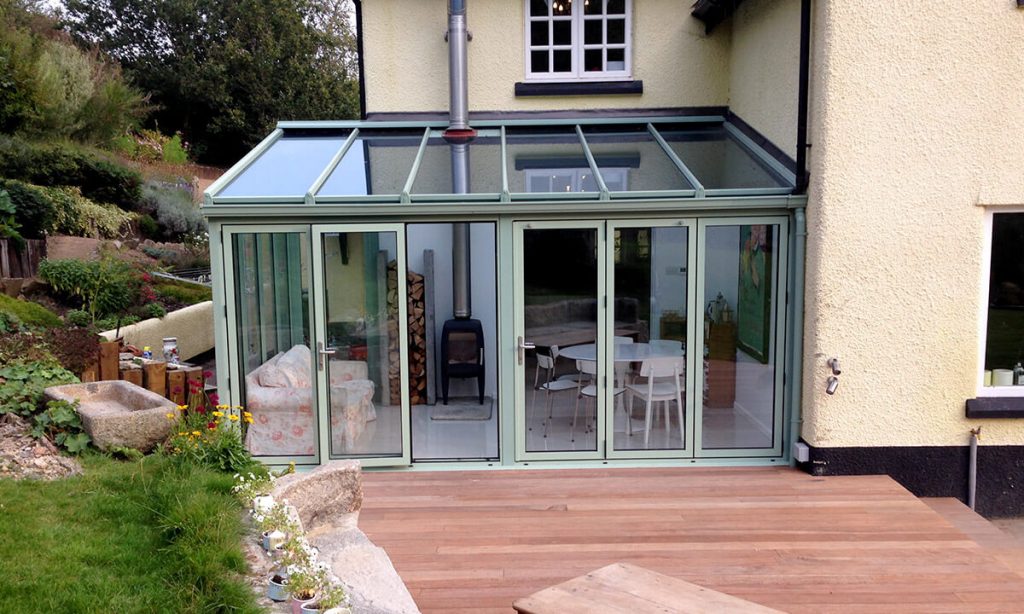
Types Of Structure
When selecting a conservatory, the different types of structures cater to varied needs. The Lean-To Conservatory suits limited spaces, while the classic Victorian Conservatory adds elegance. For modern homes, the Edwardian Conservatory with its square or rectangular shape is a good fit, and the Gable Conservatory with a glass roof complements taller ceilings. A Bespoke Style Conservatory provides customisation options, catering to specific requirements.
Energy-Efficiency
When purchasing a conservatory, opt for energy-efficient glass to lower heating and cooling costs. Enhance energy efficiency with insulation in walls, floor, and roof, including the brickwork. Choose a design suited to your climate for maximum energy savings. Ensure proper ventilation and shading to prevent overheating. Research available tax credits for energy-efficient installations. Prioritise energy efficiency and choose the right type of glass, such as efficient glazing, to create a comfortable and cost-effective living space.
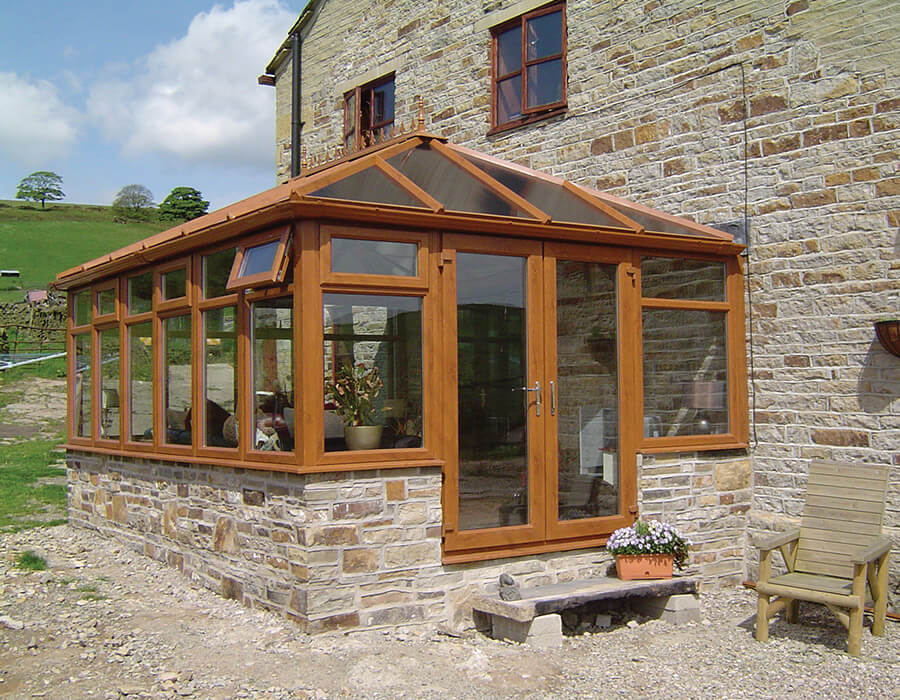
Understanding Different Glass Types for Conservatories
When purchasing a conservatory, understanding the various glass types is crucial. Different glass types offer specific benefits such as improved insulation, reduced heat loss, and glare. Toughened glass provides durability and safety against breakage, while tinted glass helps control light and temperature for enhanced comfort and moisture control. Laminated glass offers sound insulation, reducing noise pollution in the conservatory, making it a perfect fit for any homeowner seeking quality comfort and tranquillity. Additionally, cavity wall insulation can prevent heat loss and may be required by building regulations, making it an important consideration when purchasing a conservatory.
Pros and Cons of Thermally Efficient Glass
Thermally efficient glass can help you save on heating costs and maintain a comfortable temperature year-round. However, it may come at a higher initial cost compared to conventional glass. On the bright side, it minimises condensation, reducing maintenance and upkeep, while also improving insulation for increased energy efficiency. So, if you’re willing to invest upfront, thermally efficient glass can be a valuable addition to your conservatory.
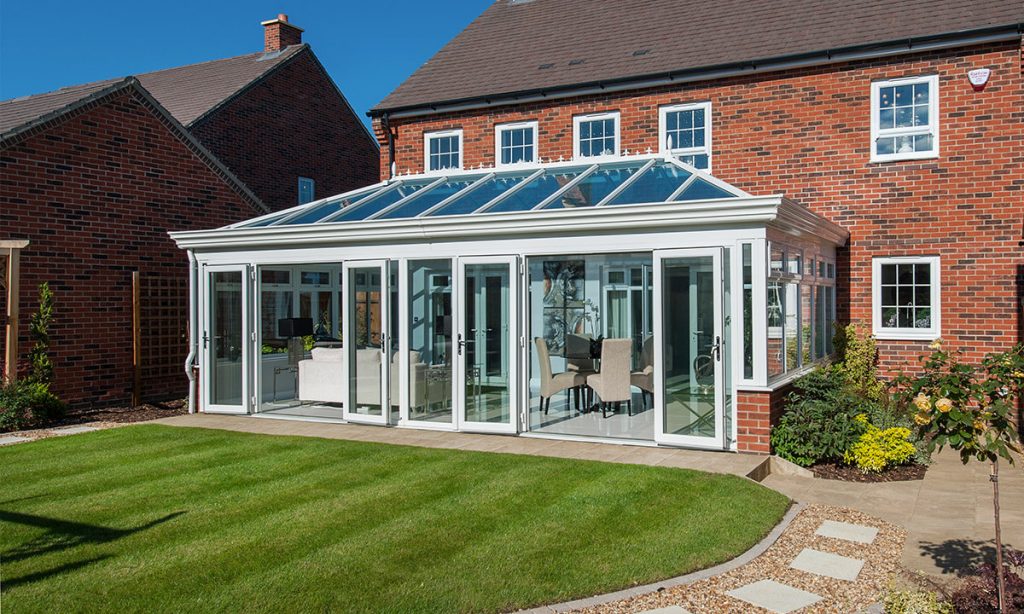
Self-Cleaning Glass: Is It Worth It?
Self-cleaning glass, utilising UV rays to break down dirt, minimises maintenance efforts. While it may have a higher upfront cost, it saves time and effort on regular cleaning. With maintained transparency and reduced need for cleaning, self-cleaning glass offers convenience in hard-to-reach areas.
Material Choices When Building a Conservatory
When building a conservatory, the choice of materials is crucial. Options include uPVC, aluminium, and timber, each offering unique benefits. Timber provides a classic, natural look suitable for traditional homes, while aluminium offers durability and strength, ideal for larger conservatories. On the other hand, uPVC is cost-effective, low-maintenance, and comes in various finishes. Each material choice significantly impacts insulation and aesthetic appeal, making it important to consider when building a conservatory in the UK.
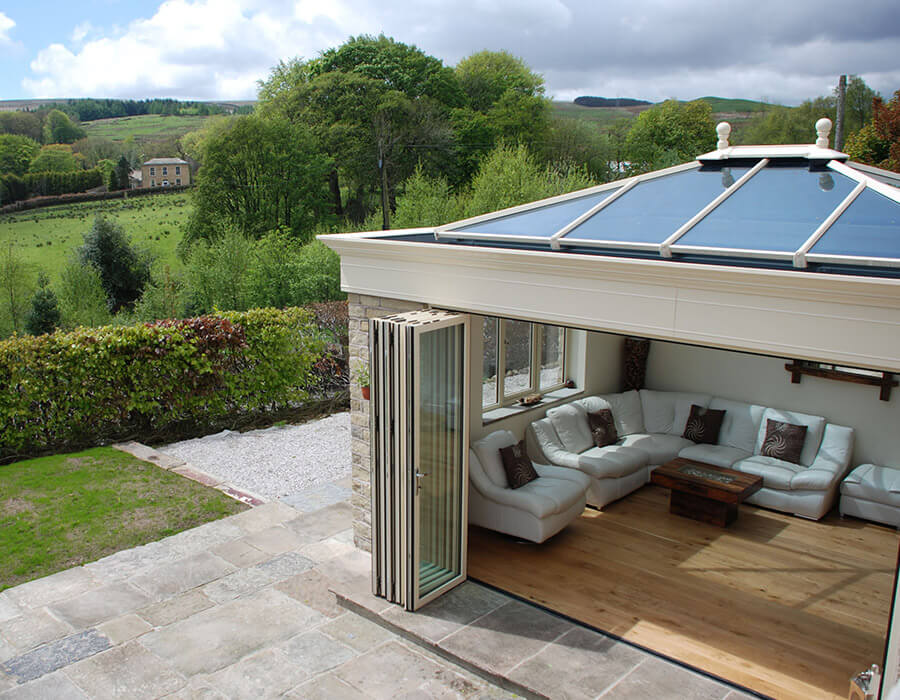
Considering the Structure and Types of Materials Available
When choosing a conservatory, the structure’s design and material significantly impact the overall aesthetic. Aluminium slim frames allow for larger glass panes, maximising natural light. uPVC conservatories provide versatility suitable for various architectural styles, each material influencing maintenance requirements and the conservatory’s aesthetic appeal. Additionally, once the conservatory is completed, you can choose to lay your own choice of floor, order new furniture, and enjoy your brand-new conservatory.
The Role of Material in Temperature Control
When it comes to temperature control in a conservatory, material selection plays a crucial role. Aluminium offers remarkable thermal efficiency, ensuring a warm environment in winter and a cool one in summer. Similarly, uPVC’s insulation properties ensure a stable temperature throughout the year, directly impacting energy consumption.
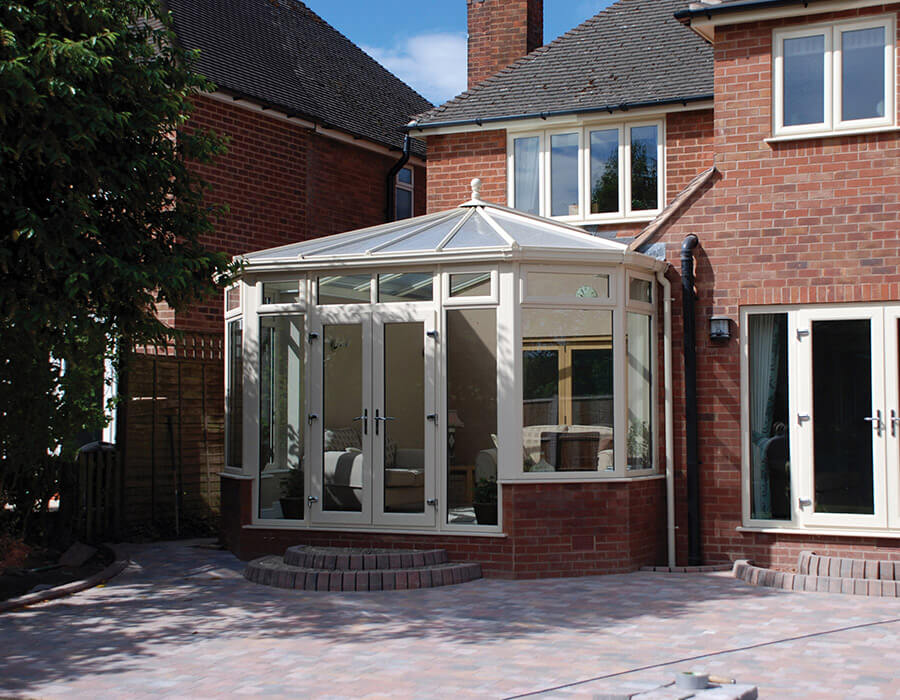
Planning and Permissions for a Conservatory
Understanding the need for planning permission and ensuring compliance with regulations is crucial. Some conservatories may be exempt, providing flexibility. Approval from the water board is essential for those with drainage connections. Compliance with building regulations guarantees structural integrity and safety, avoiding legal complications. Proper planning and permissions, including the dismantling and disposal of an existing old conservatory, bring peace of mind and ensure a hassle-free process.
When Do You Need Planning Permission?
Planning permission for conservatories is usually not required if they meet specific criteria, such as being within 1 metre of a boundary wall. However, larger or non-permitted conservatories may require permission. Factors like height, size, and proximity to boundaries can influence the need for planning permission. Understanding permitted development rights helps in making informed decisions. Consult local authorities or planning experts for guidance.
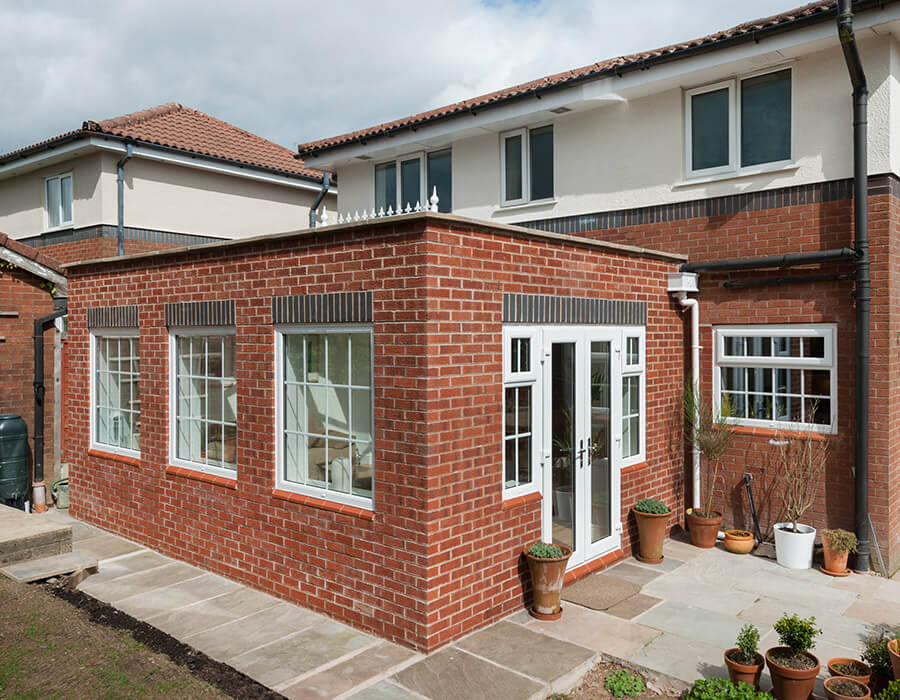
Understanding Water Board Authority Approval
Approval from the water board is crucial if your conservatory has drainage connections, ensuring proper wastewater management. Compliance with water authority regulations is essential and consulting professionals guarantee adherence to guidelines, impacting the conservatory’s design. The approval process is vital for a hassle-free installation and must not be overlooked.
Decorating Your Conservatory to Match Your Style
Create a seamless extension of your home’s interior with a personalised conservatory. Whether for dining, play, or relaxation, choose furniture and accessories that complement your style. Enhance the space with plants, cosy lighting, and decorative elements. Make it a perfect fit for relaxation by reflecting your style. This is a crucial aspect for homeowners looking to make the most of their new conservatory.
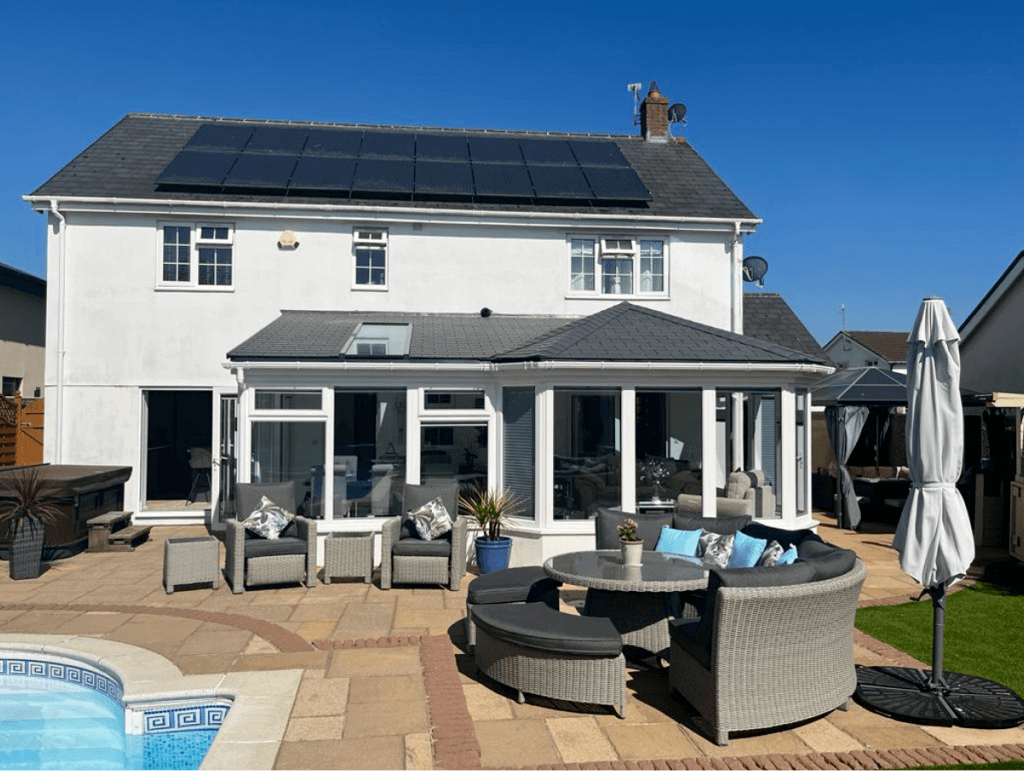
Frequently Asked Questions (FAQs) When Buying a Conservatory
Is planning permission required?
Planning permission requirements for your conservatory depend on its size and location. It’s advisable to check with your local council planning authority before starting any work. Some conservatories may fall under permitted development, meaning they don’t require planning permission. However, it is always a good idea to inquire about needing planning permission for your new extension. Your supplier or builder can also guide you on the planning permission requirements.
Am I obliged to retain the existing style of my property?
When buying a conservatory, you are not obligated to retain the existing style of your property. However, it is recommended to choose a design that complements your property’s style for aesthetic appeal. Remember to consult with a specialist for advice and potential planning permission requirements.
What style works best with my home?
Consider the existing architecture of your home when choosing a conservatory style. Victorian and Edwardian styles are popular for traditional homes, while Lean-to and Mediterranean styles work well with modern homes. A bespoke design can be created to suit your tastes and needs.
What do I want from a conservatory, and will my needs be fulfilled?
Consider your desired purpose for the conservatory, whether it’s a cosy living space or a lush greenhouse. Evaluate the size and style that align with your needs and budget. Research materials and designs that offer insulation, ventilation, and durability. Consult a reputable builder to ensure they can meet your requirements.
Will the company put the foundations in place?
The company’s policy and the type of conservatory you choose will determine if they will put the foundations in place. Some companies may offer this service, while others may require you to hire a separate contractor. Ensure to clarify with the company beforehand.
Is the material low-maintenance or not?
Considering the level of maintenance required is crucial when choosing a conservatory material. UPVC is a low-maintenance option, requiring minimal upkeep. On the other hand, timber needs regular maintenance to prevent rot and decay. Aluminium is also a low-maintenance choice, resistant to rust and corrosion.
Which material will suit my requirements?
When choosing a material for your conservatory, consider factors like budget and desired style. UPVC is affordable with low maintenance, while timber offers a traditional look but requires more upkeep. Aluminium provides durability and versatility with minimal maintenance.
What colour choices reflect the style of my home?
When choosing the colour for your conservatory, consider the style of your home. Classic white or cream conservatories work well with most home styles. For a modern look, go for grey or black. If you want to blend with nature or have a rustic feel, green or brown is a great choice.
Am I hoping to achieve a traditional or modern design?
Consider your personal preferences and the style of your home when deciding on the design of your conservatory. Traditional designs feature ornate details and materials like wood or brick, while modern designs tend to be sleeker and utilise glass and aluminium. Keep in mind the overall aesthetic of your home when making this decision.
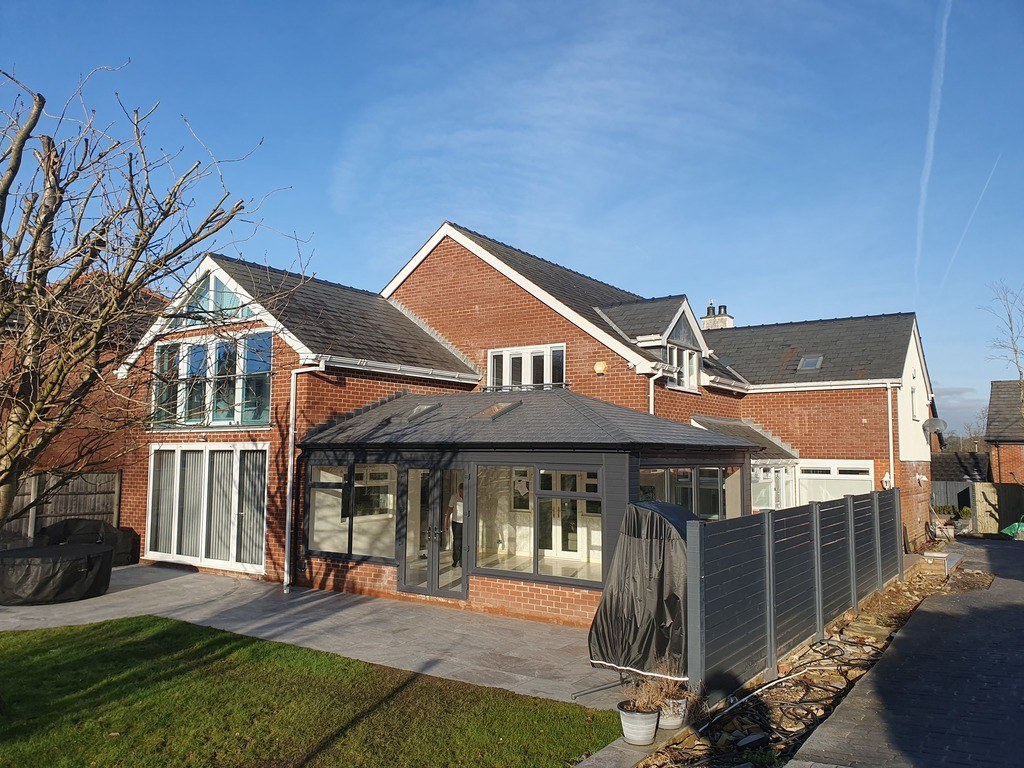
Concluding Insights: Critical Factors in the Acquisition of Your Conservatory
When buying a conservatory, it’s important to consider various factors such as size, layout, energy efficiency, and materials. Renaissance Conservatories is a reputable company that offers high-quality products and expertise in creating your dream conservatory. Insulation and ventilation play a crucial role in maintaining the comfort of your conservatory, while different glass types offer unique benefits. Understanding planning permissions and water board authority approval is essential to ensure a smooth installation process. Lastly, don’t forget to decorate your conservatory to match your style and create a welcoming space for relaxation and enjoyment. Trust Renaissance Conservatories, a reputable, family-run company based in the heart of Devon, for all your conservatory needs and let us start transforming your home today into the home of your dreams.
Whether you’re envisioning a new conservatory or seeking to rejuvenate an existing structure, the transformation of that unused space at the back of your home into a truly versatile haven is simpler than you might think. Take the first step and connect with us; we’ll guide you through the process. Our dedicated team is ready to delve into your preferences and requirements. We eagerly anticipate the opportunity to discuss your options in greater detail. Don’t hesitate to reach out – your dream space awaits. For comprehensive details on our exquisite range of luxury Conservatories, feel free to contact our amiable team of installers, or simply give us a call at 01626 333 393.
Are you interested in improving your home? Get in touch with Renaissance Conservatories, your local conservatory specialists today!
Get a FREE quote today

